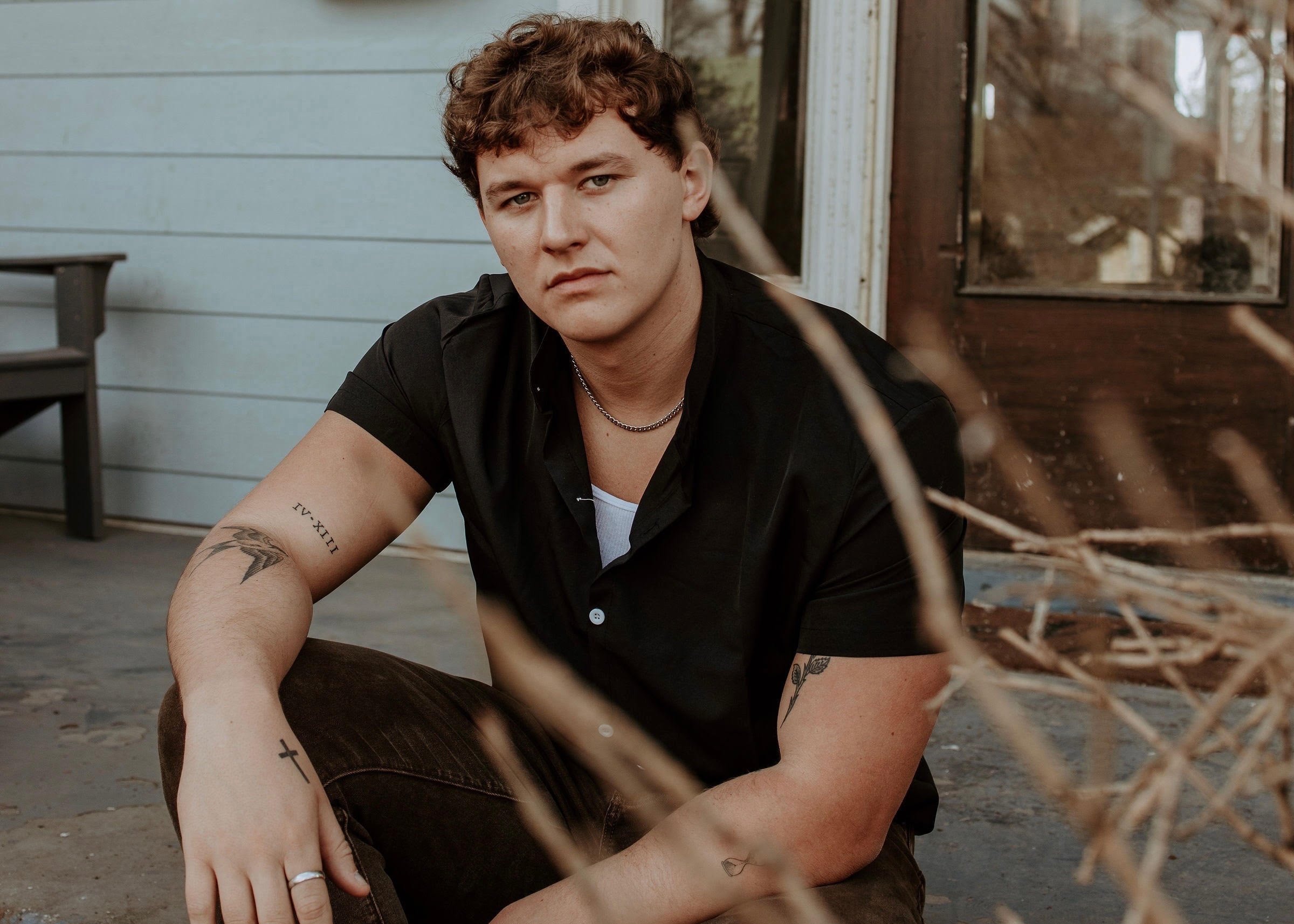by emma schoors
photo by theo mcinnes
It’s hard not to fall head over heels for voices that bite. Raspy refrains that grasp, and don’t let go. Melodies that rival the stinging, stunning distortion brought on by a guitar, and linger endlessly in the back of your throat like a great lyric. That’s where Bobby Nerves, lead singer of London raconteurs Bad Nerves, comes in.
“All I know is that everything sounds better when it's sung at the top of my range, which is very bittersweet,” Nerves says, following the band’s relentless live LP Alive in London. Outfitted by guitarists William Phillipson and George Berry, drummer Samuel Thompson, and bassist Jonathan Poulton, the collection includes a handful of tracks from their debut record, along with various singles. “Singing live is a totally different thing to singing in the studio, because live you have to actually perform as well as sing, and you're battling against adrenaline and smoke machines,” Nerves says. “It can be a fucking nightmare sometimes. I've had to really work on teaching myself better techniques to try and hit those damn high notes. [I’ve] still got a long way to go.”
Bad Nerves began as a love child of the London punk/metal circuits, where Nerves, Phillipson, and Poulton originally met. “We dragged Sam into it from the internet, and he was mates with George,” Nerves says. “We originally only intended this to be a recording project, but then we got carried away.” The self-coined “jazz band from skid row,” or, according to Spotify, the “bastard child of a Ramones/Strokes one night stand,” drew inspiration from artists like Radioactivity and Jay Reatard early on. “As far as what started our appreciation for music, for me it came from my parents. My mum was a high school music teacher, so that definitely helped kickstart my interest.”
With the no-mess ethos of CBGB luminaries, the sleek look of modern alt-rock giants, and the abiding melodic cogency of 70’s power pop icons like Cheap Trick, Bad Nerves enters your bloodstream without remorse or reversal. “I think the Ramones live record It's Alive was the biggest influence on our live shows,” Nerves says. “Fast and to the point. No big speeches.” The cover of Alive in London mirrors that of Ramones’ 1977 effort Rocket to Russia, all grayscale temptation and hot pink lettering. Bundled in three-minute segments, songs like “Baby Drummer” and “Palace” draw you in with their punk celerity and wit. “Why does the Queen get a fucking palace, but not me?” Nerves scoffs on the latter.
“For the first record, me and Will just jammed drums and guitar in my garage, and I would turn our jams into whole songs,” he says. “I wrote three or four tracks just on my own, but the majority of it came from those jams.” The dissonance between his flailing “There’s a place where I should leave you in my head” and the swift chord changes in the bridge of “Can’t Be Mine” carry the song from inviting to carnal. Sweltering drums and luscious screams marry with a few recurrent themes — radio, (“I listen for God on my radio,” Nerves sings on “Baby Drummer.” “Fuck the radio,” he bellows on the live version of “Radio Punk”) sometimes satiric devotion, and the monotony of formulaic rock, mostly. “Sometimes I'll hear songs in my head and record them into my phone. Other times I'll have a cool beat that I like and I'll just track that and then fiddle around on guitar to it,” Nerves says. “I find that the vocals really dictate how a song comes together, so I'm normally listening for melodies pretty early on. If I'm jamming guitar ideas I will always have my phone recording, whatever I'm doing, in case I randomly blurt out a great vocal melody.”
The past three years have armored the rockers with a growing word-of-mouth following, moreso across streaming platforms than on social media. “I guess people that listen to Bad Nerves are too busy living to give a shit about Instagram. Power to them,” Nerves beams. “I think our fans just appreciate the music you know, and we appreciate that they appreciate it! Social media is great, but nothing will ever beat the feeling you get from hearing a great song.” Their sophomore album, which the frontman shares is well underway, is shaping up to diverge slightly from their debut. “For this next record I've written everything myself,” he says, adding that there are 23 new songs in the works. “I think it's a little bit more interesting than the first record, but still has that Bad Nerves feel to it. There's some super fast tracks, some slightly slower ones, and everything in-between. It's a bit chaotic ‘cause I'm still writing new stuff as we're recording and changing things all over the place, but hopefully in the end it'll all make sense.”
From KOKO London to BST Hyde Park, Bad Nerves is caught in the crossfire of 1,400-cap clubs and colossal 65,000-cap festival grounds. “I prefer intimate venues to be honest. I don't mind the big ones, I'm certainly grateful to be doing them, it's just a different vibe to a sweatbox,” the lead singer says. “There was a time where you could play a big venue and the crowd would be right in front of you. Now they're at least 20-30 feet away behind a big steel barrier.” The five-piece thrives on crowd proximity, making smaller venues the ideal setting for that exchange of energy.
“I get the feeling people in America are more into our brand of garage punk than folks here in England,” Nerves theorizes, at the mention of the band taking over the states. “No idea why that is, but yeah, I definitely think with a bit of luck it could pop off over there.” Later this year they’ll make their American debut supporting Royal Blood, a sure shot at charming US audiences. “We're just grateful to be doing this at the end of the day,” he says, floating the possibility of a west coast debut within the next 6-12 months.
In a 1988 interview with Steve Harris, Joey Ramone expressed that New York Dolls were one of his favorite bands. “Is that right? What did they have? What made them so special?” Harris asks. Ramone responds, “Well, they were great. Great songs.” For Bad Nerves, the vision that birthed them was just as short and sweet. “We just wanted to write good songs, really,” Nerves says. “That's all we've ever wanted to do. That's the main thing that matters to me, personally.”






